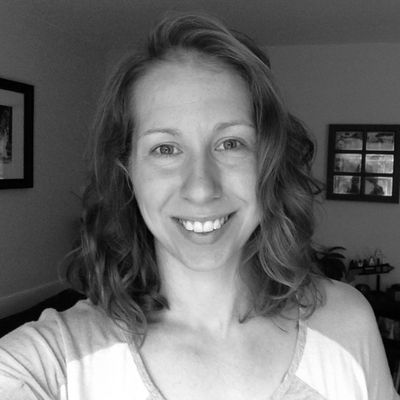 FLICKR, J. ROSENFELD
FLICKR, J. ROSENFELD
The Project On Government Oversight (POGO), a non-partisan, non-profit government watchdog group, is concerned that a proposed rule that would require government-funded researchers to publicly disclose potential financial conflicts of interest will not be finalized in its current form.
In May 2009 and again in 2010, the National Institutes of Health (NIH) proposed changes to its conflict of interest guidelines that, among other differences, would require physicians and scientists funded by the agency’s extramural program to disclose financial arrangements with private companies in a public database. The NIH's existing rule simply states that extramural investigators must disclose financial interests to their own institutions, which are permitted to (and often do) keep the information to themselves. "The public trust in what we do is just essential, and we cannot afford to take any chances with the integrity of the research process," NIH Director Francis Collins said when he...
According to POGO, the Office of Management and Budget (OMB), which is reviewing the proposed changes, may adjust the guidelines to weaken or eliminate the public disclosure requirement, possibly due to pressure from industry and university presidents. Concerned that the requirement may not make it into the finalized rule, Executive Director Danielle Brian and staff scientist Ned Feder wrote a letter to OMB Director Jacob Lew yesterday (July 11) to request that the office reconsider.
“If the creation of the public database is permitted by OMB, it will be a milestone in the NIH’s program of research at medical schools and universities,” the pair wrote. If, on the other hand, the OMB nixes that requirement from the proposal, it would “undermine the integrity of medical research supported by the NIH.”
The OMB began reviewing the rules this March, and typically reports on such regulation within 90 days, but no decision has yet been announced.




